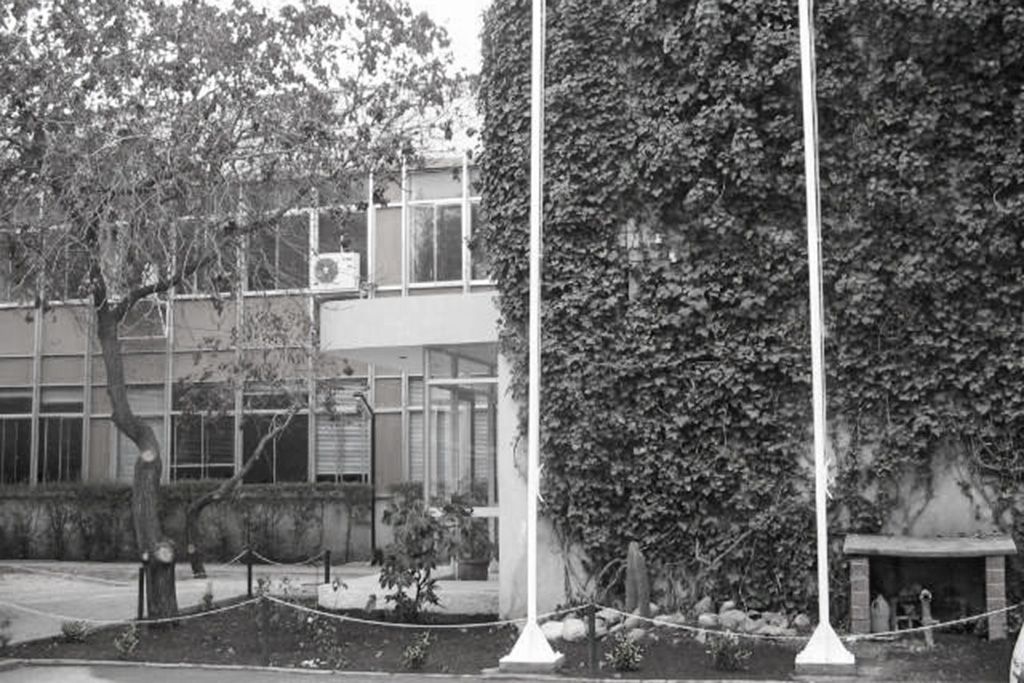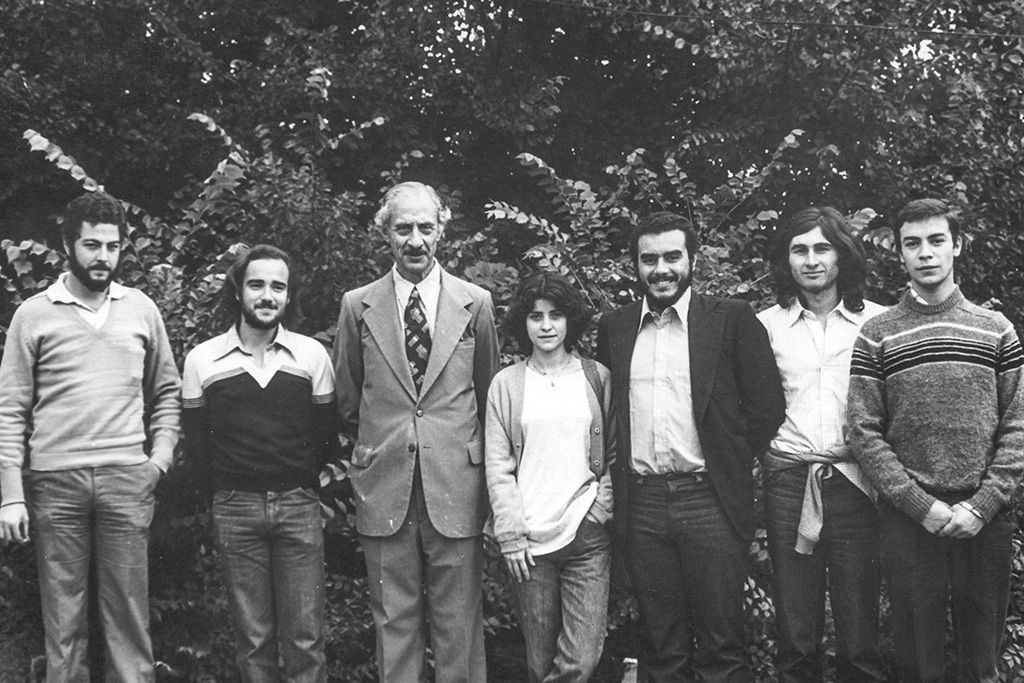Our history
The Department of Physics was born together with the foundation of the Faculty of Sciences of the Universidad de Chile in 1965. It became the natural continuation of the Institute of Physics and Mathematics, which functioned for a decade in the School of Engineering of this house of studies. It was one of the few places where the research took place.
In 1968, the University acquired lands in Santa Julia farm in Macul commune, where it began the construction of facilities for the operation of the emerging faculty in its campus, an area that nowadays still houses both; the Faculty and the Department of Physics.
From its origins, the approach of the Department was the obligation to research and provide undergraduate and postgraduate university teaching at the highest level, as well as to participate in university extension activities. Today those instances are fully met.
In its beginning, the main lines of research were: relativity and mathematical physics, solid-state physics (theoretical and experimental), chemical physics, and experimental nuclear physics, which was strongly reinforced in 1967 with the installation of the Cyclotron: a particle accelerator that arrived from the United States and marked a milestone in the development of the Faculty of Sciences. While it was in operation, physics teachers and students conducted various investigations and experiments on it.
The arrival of new professors with PhDs, the stay of prominent foreign researchers, and the agreements with international research centers strengthened the Department, which increased its activities and research work.
This boom is expressed in the sustained rate of publications in the most prestigious international journals (including the first “paper” published in the Physical Review Letters by Chilean researchers: Electronic Phase Transitions in Ce1-xLax Alloys, R. Ramírez and M. Kiwi, Phys. Rev. Lett. 28, 344-346, 1972) and culminated with the creation of the first PhD plan in Physics in the country in 1969.
The first PhDs in Physics graduated in 1975. A year later, the PhD plan was “de facto” closed due to the military dictatorship affecting the country. The immediate following years were a period of slow readjustment, in which, despite the difficulties, the tradition of the Department remained intact in its academic and research demands, which allows it to continue positioning itself today as a leading center in the country and region.






